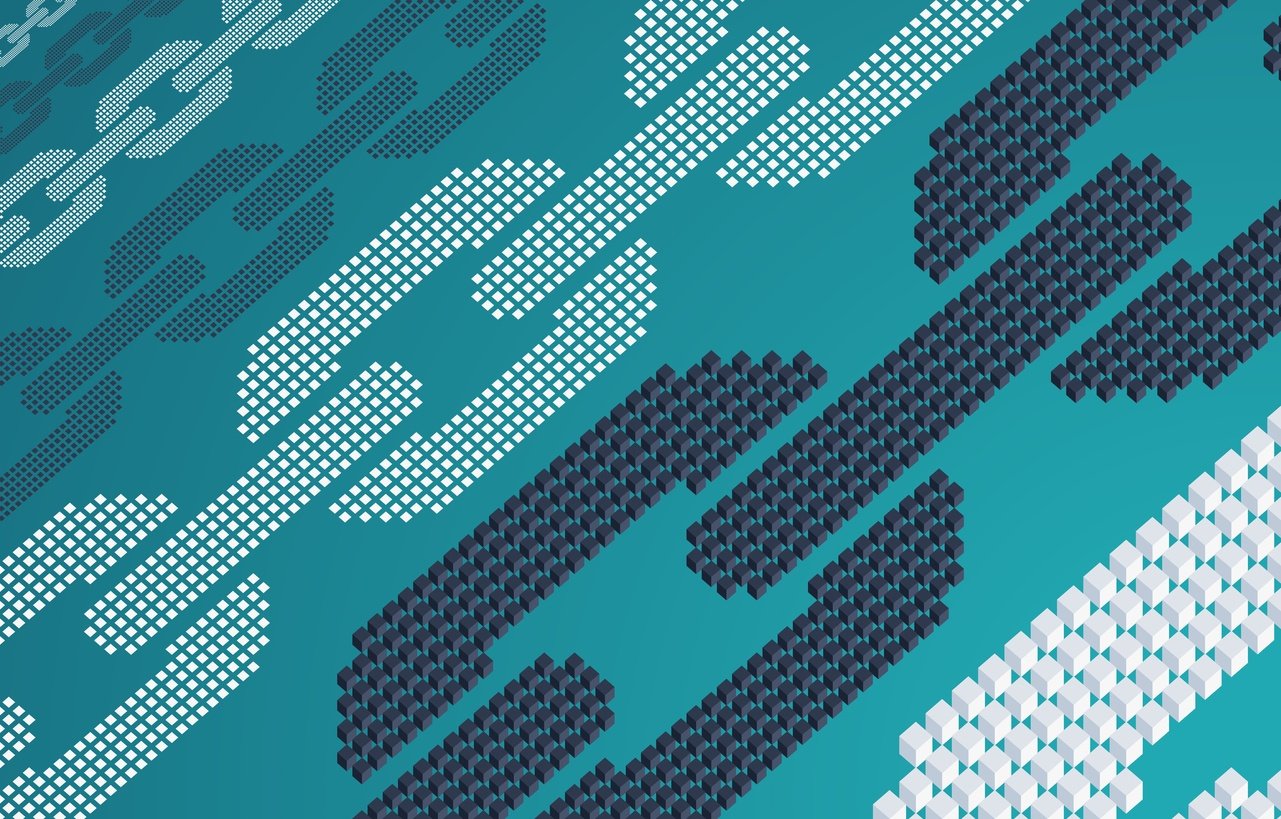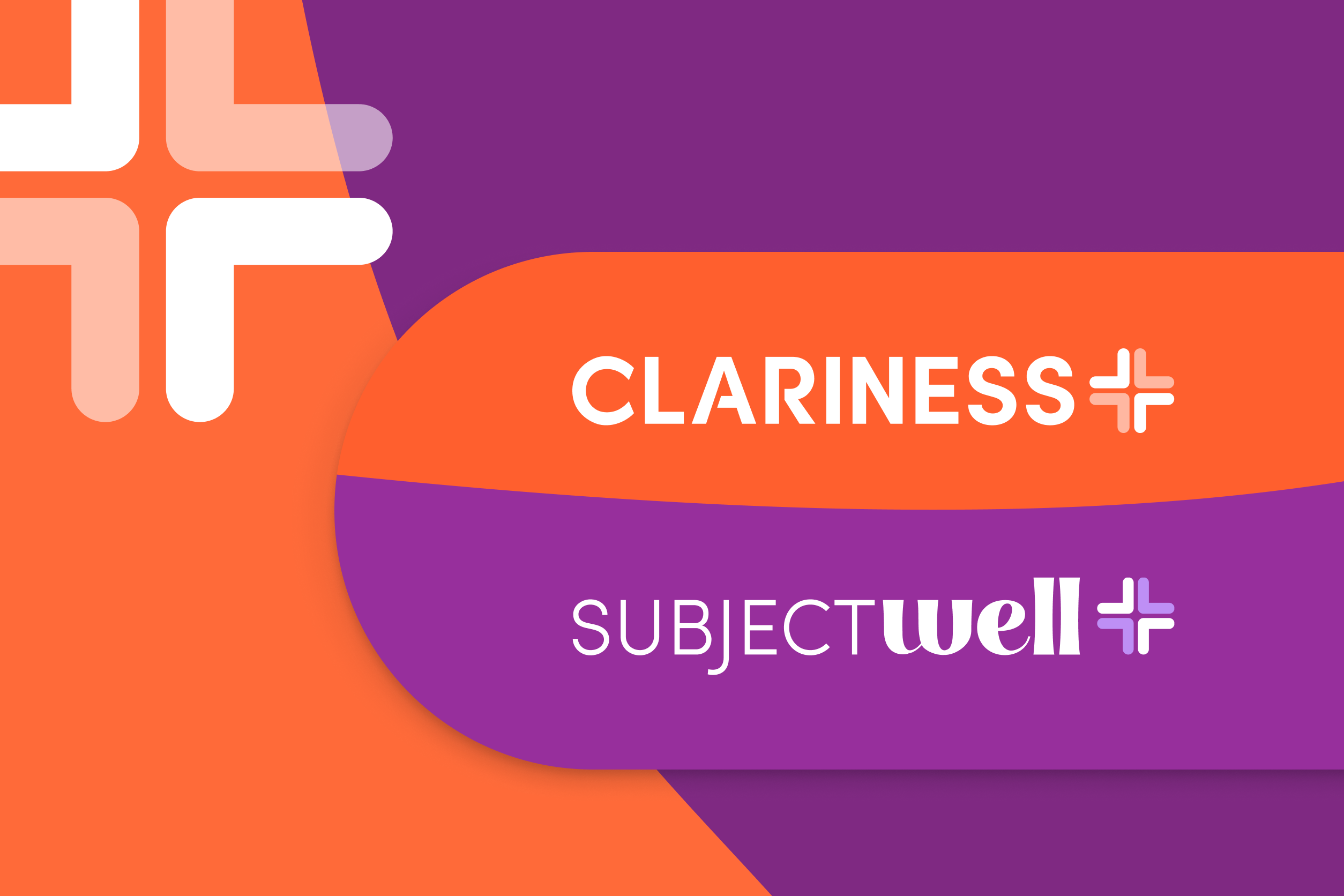
Blockchain technology could help unclog the patient recruitment pipeline for clinical trials in the future – here’s what you need to know.
Saddled with a $100 million price tag per trial, clinical research continues to be one of the most expensive aspects of the modern healthcare landscape. Despite these massive costs, some industry professionals claim that as much as 30% of the drug development timeline gets taken up by clinical research. Even more worrying, over 10% of investigator sites tasked with recruiting patients for a trial fail to enroll a single participant.
Enter blockchain, a dispersed computer network that acts as a shared, secure database. From automating claims to improving supply chain integrity, blockchain technology has plenty of disruptive potential in the healthcare industry. Though the financial industry has generated plenty of buzz about blockchain, it’s also attracted the attention of healthcare executives, more than half of whom plan to deploy commercial blockchain solutions at scale by 2020.
By streamlining clinical trials – from the recruitment process to the communication of final results – blockchain may present a cost-effective, dependable solution with the potential to benefit researchers, clinicians, and patients alike.
Creating Better-Secured Data Infrastructure
Blockchain majorly improves upon current security systems by allowing every node throughout the computer network to verify and then access timestamped, immutable results. By enabling secure, anonymous databases, blockchain could allow trial and patient information to coexist in one network. The result? A way to connect patients directly with trials they’re both interested in and qualified for.
During a trial, blockchain would greatly simplify the process of getting consent from each patient. Nearly 10% of studies suffer from issues related to patient consent, including unapproved forms, lack of written consent, invalid consent documents, and failure to gain consent for a revised protocol. With blockchain, all consent forms would be time-stamped and stored in a centralized location for easy access and reference.
Additionally, blockchain capabilities would improve communication in clinical trial results. With nearly 90% of trials on ClinicalTrials.gov lacking final reports, researchers, regulators, and patients are at a collective disadvantage. With blockchain technology, however, timestamped and unchanged results could be fed automatically into a secure tracking system where professionals and participants throughout the healthcare industry could access it. If problems did arise, blockchain capabilities would lead right back to anyone who misused or attempted to alter key data, thus reducing risk of fraud.
Managing Expectations While Capitalizing on Emerging Tech
While we should anticipate blockchain applications that reduce stress on clinical trial participants, make life easier for professionals, and yield better results for researchers and policy makers in general, those days are a ways off. We have to focus on what’s achievable now. To date, digital recruitment channels like search and social media give trials access to the largest pool of potential patients. Google and Facebook offer advanced targeting capabilities that allow trials to get in front of users when they’re looking for health information.
Blockchain’s impact on clinical trials may be ahead of us, but modern technology offers clinical trials unprecedented access to potential patients now. Sponsors and CROs should take advantage of what the internet has to offer.




